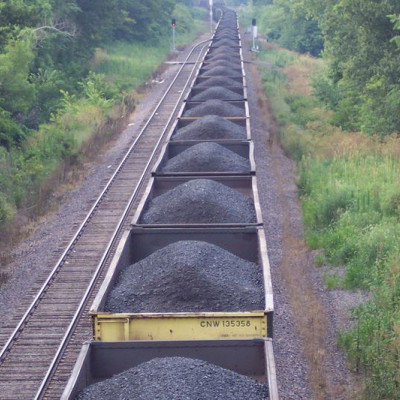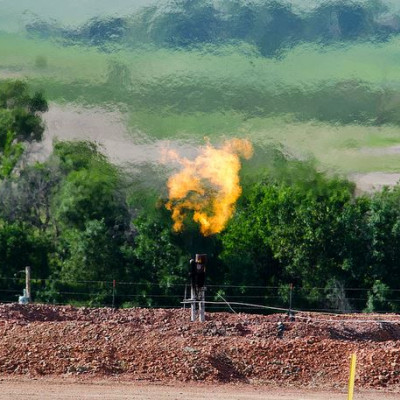December 2, 2014
November 2014 at Policy Integrity: Clean Power Plan Comments, New Working Paper, In the News: Revesz on the War on Coal, On the Docket: Methane Policy, Alumni Spotlight: Gaia Larsen
-

Clean Power Plan Comments
In Policy Integrity’s recently submitted public comments on the EPA’s Clean Power Plan, we make the case that the EPA’s flexible, cost-minimizing approach to setting performance standards for existing power plants is consistent with over 30 years of EPA Clean Air Act practice, under administrations of both parties. While opponents of the Clean Power Plan have argued that the EPA is taking unprecedented and unwarranted steps to regulate carbon dioxide under the Clean Air Act, our comments show that the plan is deeply rooted in precedent. We also address why the EPA’s approach is preferable to a strict, technology-based standard, and suggest some ways in which the EPA could make the program even more efficient.
-

New Working Paper: “Toward a More Rational Environmental Policy”
In a new working paper, Richard Revesz argues that U.S. environmental policy should operate in accordance with five major components of rationality: cost-benefit analysis; cost minimization; flexible market-based instruments; constraints on grandfathering; and the sensible allocation of decision-making authority between the federal government and the states. The paper also discusses two recent Supreme Court decisions, which together should be seen as producing a move toward rationality in environmental policy. The paper will be published in the Harvard Environmental Law Review in 2015.
-

In the News: Revesz on the War on Coal
In a recent piece in the Wall Street Journal titled, “Why the ‘War on Coal’ Doesn’t Exist,” Richard Revesz explains why accusations that President Obama is waging a “war on coal” are deeply flawed. “In reality, this supposed ‘war’ is merely the latest stage of an effort to protect public health and welfare that began decades before President Obama took office,” Revesz writes. The piece discusses the historical antecedents to the three regulations that detractors commonly criticize—the Cross-State Air Pollution Rule, the Mercury and Air Toxics Standards, and the Clean Power Plan. He writes, “if science-based restrictions on harmful substances qualify as wars, these regulations are in the tradition of the ‘war on lead paint’ and the ‘war on asbestos.’”
-

On the Docket: Methane Policy
Methane is a potent climate pollutant, 86 times more powerful than carbon dioxide on a 20-year timeframe. To reduce methane emissions from the growing oil and gas sector, the Obama administration is currently developing new methane policies. To help journalists and policymakers make sense of this crucial issue, Policy Integrity will soon release a policy brief on methane. The brief will address the science of methane, releases from the oil and gas sector, corresponding methane release reduction opportunities, and potential regulatory pathways for achieving cost-effective reductions of this climate-forcing pollutant.
-

Alumni Spotlight: Gaia Larsen
A former legal fellow at Policy Integrity, Gaia Larsen now works at the World Resources Institute’s Sustainable Finance Center, which seeks to shift financial flows toward sustainable, low-carbon, and equitable development. Her recent publication, Striking the Balance, looked at how financial institutions can reduce the negative environmental and social impacts of their investments in collaboration with the governments of the countries where they invest. “At Policy Integrity I gained further appreciation for the value of using economic theory to develop sound laws and policies. This has been valuable for my work in policy development,” says Larsen.
